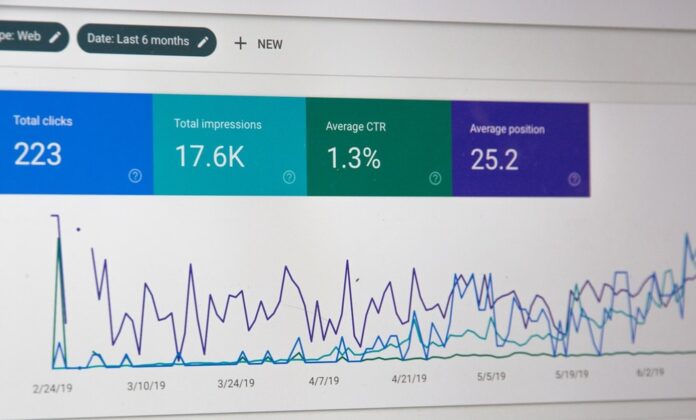In this modern era of industry, it’s more important than ever for companies to have a grip not only on their business practices but what drives their decision-making. That’s where implementing a master data management system is helping companies get a better understanding of what is driving their profits, their customers, and their supply chains.
Here are some of the questions that many organisations have when it comes to data management and their business processes.
1. What is master data management?

There are more data sources for an organisation than some companies even realise. Master data management (MDM) is a business-led program that ensures a company’s shared data is consistent and accurate. This system is more than just numbers. It’s the people, processes, and systems that are used to keep master data regulated. Most businesses today operate a number of programs as part of an MDM strategy. However, any such strategy is a job for everyone within an organisation who has a hand in workflow, be they stakeholders of a corporation or cashiers working a register.
Master data, along with reference data, is a key asset to dealing with far more complex problems that could hinder operational efficiency and productivity. From a business process point of view, this data typically represents transactional entities. This is in the case of a customer buying a product from a retailer and puts a spotlight on customers, products, and locations. From a business intelligence point of view, these are the entities that an organisation tracks internally and examines through a system of record. From a governance point of view, master data allows companies to stay ahead of regulatory practices in their analytics applications.
2. What are the essential capabilities of master data?

Master data management solutions are designed to offer companies flexibility in addressing different data items. An extensible repository helps organisations view all relationships between data types in their hierarchy. This helps to clarify complex cross-domain relationships in creating a master data model. There are multi-style MDM platforms that support all four styles of data management. This includes centrally authored data that spreads down through applications that better handle the data transformation in real time than ever before.
The top MDM solutions allow companies to publish and subscribe to data on demand, providing accurate master data to systems when and how you need it. This lets users better react to data, using those insights to improve the customer experience and eliminate internal hurdles. MDM software provides data visualisation components that let business users identify and easily fix issues regarding data quality. Master data management allows users to develop custom interfaces. Business users are now able to design cleaner, simpler, and more flexible role-based applications for a better MDM solution.
3. What are the benefits of MDM?

One of the greatest driving forces in this digital transformation is finding ways to garner a competitive advantage in a business’s respective marketplace. Master data management is a leading force behind revenue growth, helping companies better understand their customers and enhance the customer experience to ensure repeat business. Getting knowledge of your customer base through a different system allows organisations to see trends in real time, making better business decisions to improve productivity and reduce hurdles in the supply chain.
By optimising the supply chain, an MDM system alerts companies to a shortage of new products or the demand for older products and services. Seeing these data models faster through AI-driven analytics makes for a quicker turnaround on decisions that can benefit a business from top to bottom. It’s through this faster MDM system that businesses can even spot legal issues or significant governance struggles, preventing further headaches in that realm. There is a lot to master in data management that can elevate a company to the next level.







